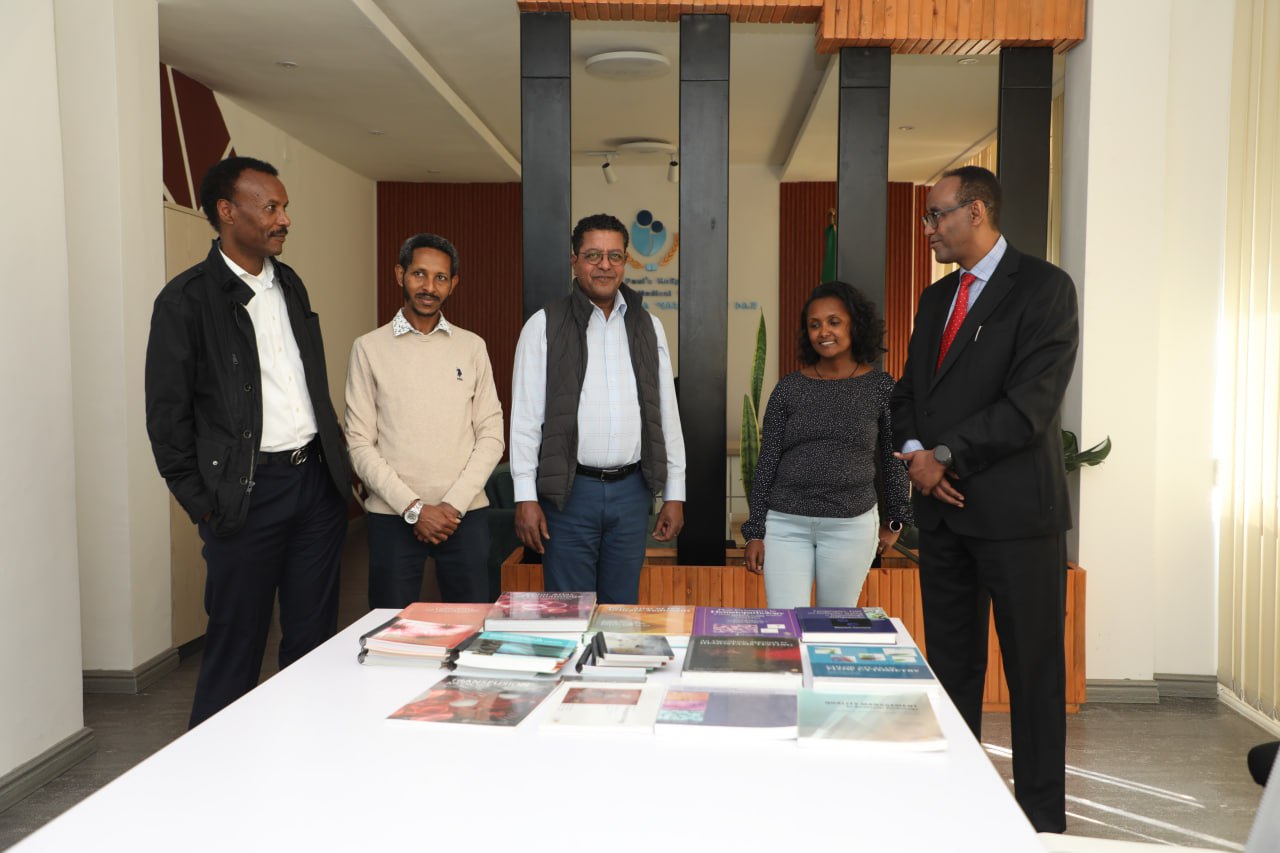Kebede Begna, MD
Rochester, Minnesota
As the saying goes “Prevention is better than cure” among one of the proven methods in preventing human maladies, colon cancer screening comes at the forefront.
When I think of colorectal cancer, one person comes to my mind, the untimely death of one of the professors from one of the pioneer medical schools in Ethiopia. I did have the chance and privilege to give care to him. Some years ago I posted a letter on http://tenayistilign.com a blog that was started by Dr. Surafel Kebede, a nephrologist from Cleveland Clinic, with a title “the untimely death of a doctor”. He had had blood in his stool but ignored it after he made a self-diagnosis of hemorrhoids. The bloody bowel movement worsened during six weeks rural attachment service in Zewai, a small regional town that he went with the final year medical students. He did not seek medical attention soon. His friends concurred with his suspicion and attributed the worsening of symptoms to the diet and dehydration due to the rift valley miserable desert heat. Finally, he needed to be transported to Tikur-Anbessa hospital, the largest teaching hospital in a metropolitan city of more than 5 million people, due to intestinal obstruction. The surgeon, a friend of the professor, had to make a difficult decision of closing the abdomen without doing further surgery. The fungating mass arising from the rectum not only closed the outlet passage but spread to the entire abdomen and liver. There was no precedent of survival to a disease of such degree, let alone at that time and that place, even today in the age of molecular and targeted therapy.
Worldwide, colorectal cancer is the second commonly diagnosed cancer after breast; and the third common in men after prostate and lung cancer. It is the second leading cause of cancer death in both sexes 1. Approximately one in three people with colorectal cancer die of their disease.
Most may assume blood with stool as hemorrhoid, but it is a red herring, for the medical community. ANY BLOOD IN STOOL IS COLON CANCER unless proven otherwise. This is mainly the consequences of missing early diagnosis is a catastrophic event even in the resource excess or efficient countries where there are several treatment options.
These days we have several options for screening colon cancer specially in the west and may range from occult blood in stool, cologuard (a stool test that identify DNA markers of colon cancer), sigmoidoscopy or colonoscopy, virtual or capsule colonoscopy, and others2,3. Which one is ideal for your situation is beyond this letter; it is strongly advised to discuss with your primary care physician or provider. By mere chance those who have the privilege to have the test should not hesitate if not offered, to do the first step, asking for one of the tests to be ordered for you, if you are in the age group 40-50. The exact recommendation varies based on several circumstances like family history of colon cancer. Generally, it is recommended to have some form of screening starting the age of 50 and then every 5-10 years. There are some reports indicating that colon cancer is becoming more common in younger age group and more on the right side of the colon, and as a result it is more asymptomatic 4. In resource mal-aligned countries it is also more common in the young and most also present at advanced stage at diagnosis 5.
In hindsight, as an old adage by Benjamin Franklin “an ounce of prevention worth a pound of cure” is true, if he had sought medical advice when he first saw blood in his stool or if he was in a county where screening is the standard of care, the young life might have not been lost. He was a loss to his wife, young children, the medical community, and to the whole country.
Screening has been shown to decrease colorectal cancer mortality in a number of studies; one module predicted that screening may account for the 53% of the observed decrease in colorectal mortality in the west 6
The take home messages 1) Do not consider blood in stool as trivial or benign without proper evaluation. It is colon cancer unless proven otherwise. 2) Strongly consider having one of the tests mentioned above if you are in the right age group.
References
- 2018 G. Colorectal cancer. International Agency for Research on Cancer, WHO 2018.
- Lin JS, Piper MA, Perdue LA, et al. Screening for Colorectal Cancer: Updated Evidence Report and Systematic Review for the US Preventive Services Task Force. JAMA 2016;315:2576-94.
- Force USPST, Bibbins-Domingo K, Grossman DC, et al. Screening for Colorectal Cancer: US Preventive Services Task Force Recommendation Statement. JAMA 2016;315:2564-75.
- Davis DM, Marcet JE, Frattini JC, Prather AD, Mateka JJ, Nfonsam VN. Is it time to lower the recommended screening age for colorectal cancer? J Am Coll Surg 2011;213:352-61.
- Asombang AW, Madsen R, Simuyandi M, et al. Descriptive analysis of colorectal cancer in Zambia, Southern Africa using the National Cancer Disease Hospital Database. Pan Afr Med J 2018;30:248.
- Edwards BK, Ward E, Kohler BA, et al. Annual report to the nation on the status of cancer, 1975-2006, featuring colorectal cancer trends and impact of interventions (risk factors, screening, and treatment) to reduce future rates. Cancer 2010;116:544-73.







